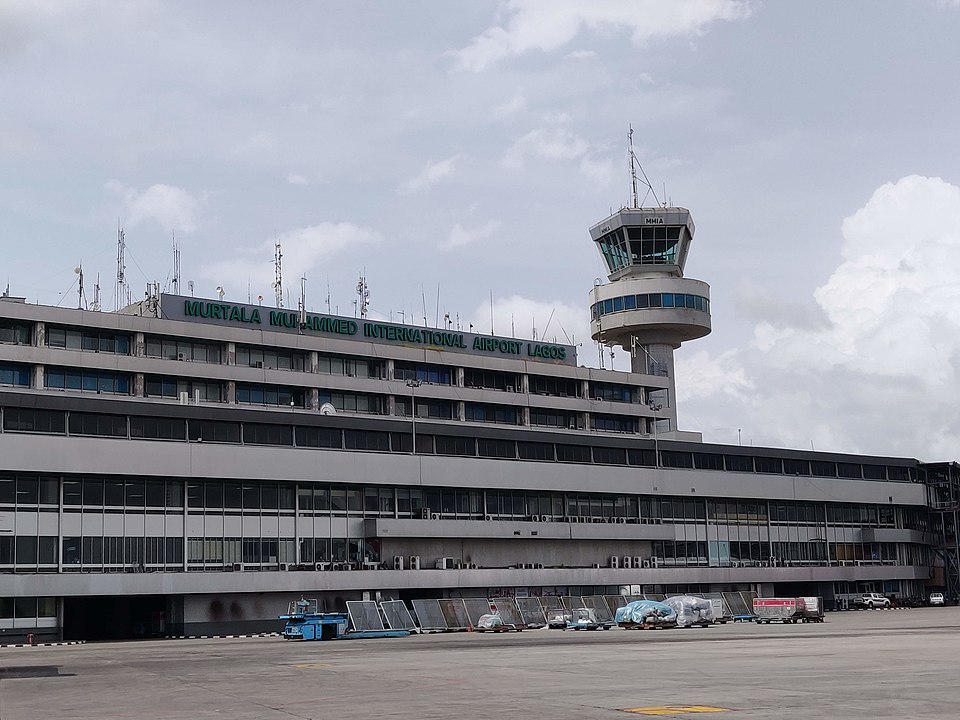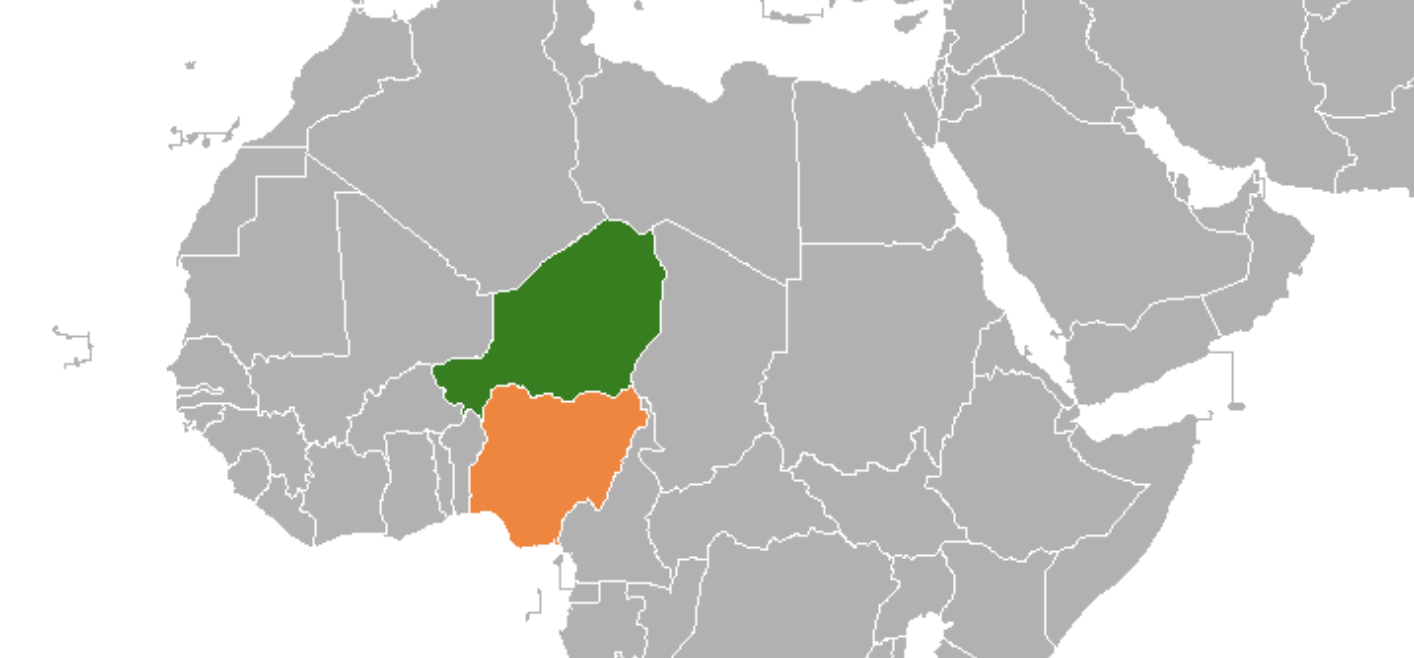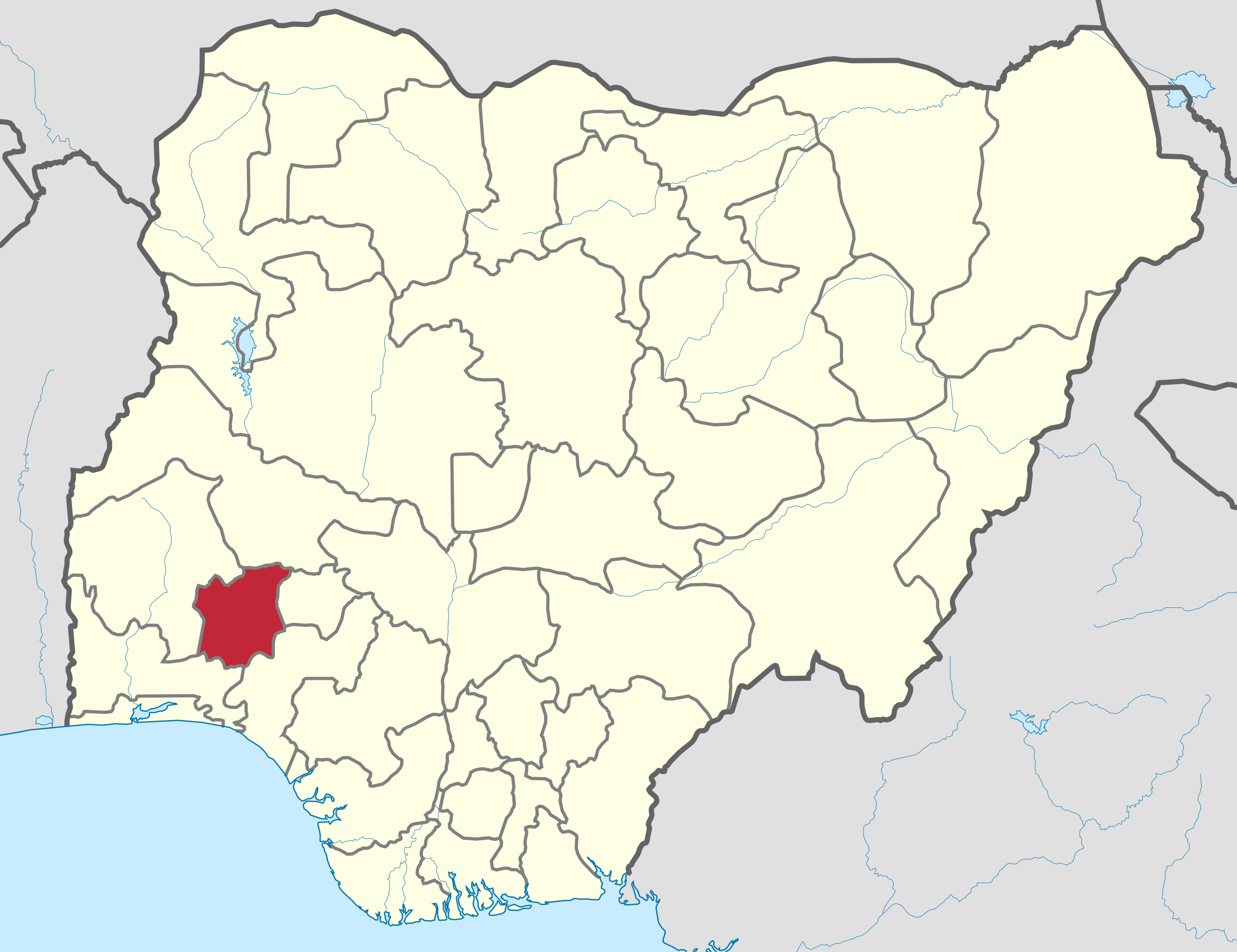While all the federal universities in the country are under locks and keys, the Speaker of the House of Representatives, Hon. Femi Gbajabiamila enrolled for a programme in Havard and posted it online. His tweet on his new improvement journey, which has generated many online outbursts, has not violated any law of the land. For a leader to seek more knowledge is such a good thing, but the timing of his tweet was highly wrong. Similarly, the fund allocated for the National Home Grown School Feeding Programme (NHGSFP), at a time like this, should have been diverted to other more impactful educational strides.
The National Home Grown School Feeding Programme is a federal government programme that was launched in 2016 to improve the enrolment of primary school children in Nigeria by providing a meal to a pupil a day. Six years later, the country’s rate of out-of-school children is still high. Last year, UNICEF estimated that 10.5 million children were out of school in Nigeria; the figure moved to 18.5 million children this year.
Recommended Articles
- 10 Uncommon Nigerian Foods You Should Try Right Now
- Money Laundering Act: Is the Government Fighting Cybercrime or Just Being Bitter?
- Save The Dying Soul; How to End Hunger
The challenge of insecurity is one of the significant factors affecting school enrolment. Luring the pupils to school with food is a waste of money; when insecurity is chasing them away, fix security first! Ridiculously, during the lockdown against the coronavirus, the school feeding programme still gulped ₦523.3 million.
Recently, the Federal Government announced plans to spend the sum of ₦999 million daily to feed about 10 million pupils in this feeding programme. The Team Lead of the programme, Aishatu Digil, revealed that the Ministry of Humanitarian Affairs, Disaster Management and Social Development got the approval to spend ₦100 daily on feeding each pupil on the programme as against the ₦70 hitherto spent on the feeding of each person.
This programme is expected to have ripple effects, including creating jobs and improving agriculture as locally-grown farm products are used to prepare meals. This idea is laudable, but the appropriateness of spending almost one billion naira daily to feed children at a time we claim to be heavily borrowing seems questionable.
If half that money goes to the infrastructure in primary schools, more children will enrol. An adequately equipped playing ground, clean toilets, colourful and aerated classrooms, comfy chairs, etc., will increase enrollment more than giving a school meal. And If parents cannot afford to feed their wards, it shows that the government of the day has failed in one of its fundamental duties.
Training and retraining of primary school teachers is another area where proper investment will give better results regarding enrolment than providing a meal in school. Learning should be fun; teachers that will make the pupils enjoy the process of learning should be available in schools.
It’s the pride of every parent to feed their child; providing infrastructure like good roads to link the market to the farm will do small-scale farmers more good. After addressing our massive infrastructural deficiencies in education and agriculture, we can start to think of school feeding programmes.






Add a comment